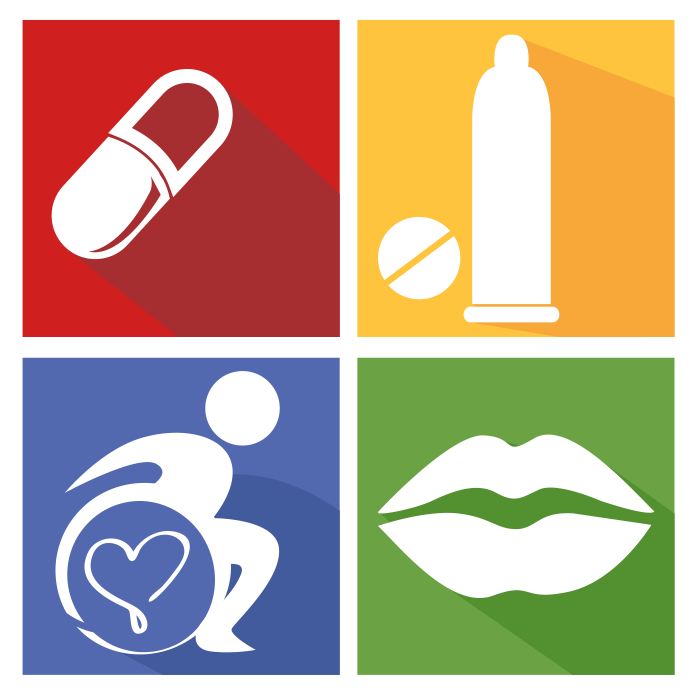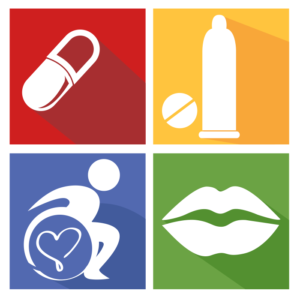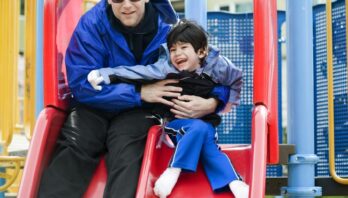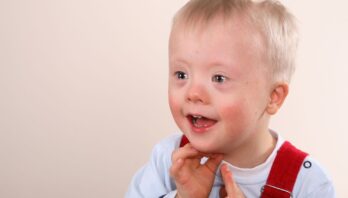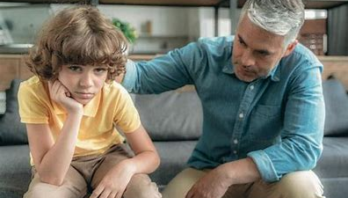By Megan Westmore, SAFE Disability Services Manager
Take a minute to think about the sex education you received from parents, classmates, school, etc. How would you describe that experience? Amazing? Awkward? Lacking in information? Heteronormative?
For many of us, the sex education we received growing up was insufficient at best, or misleading and harmful at worst. We’ve learned that students with disabilities are no exception to these experiences. In fact, many of the young adults with disabilities we work with have shared that they were taken out of sex education altogether due to the pervasive but incorrect belief that people with disabilities are not sexual, and therefore, do not need sexuality education.
For many adults with disabilities who did receive sex education in school, the information was not presented in ways that were accessible. These students reported not feeling safe to ask questions, they did not understand everything being taught, or the pace was just too fast.
Through funding from the Texas Council for Developmental Disabilities (TCDD), SAFE is developing curriculum and providing weekly classes that support development of knowledge and skills in the areas of self-advocacy, leadership, healthy relationships, and safer sexuality.
Class participants are transition-aged young adults with intellectual and other developmental disabilities (IDD) receiving services in Austin, Del Valle, and Eanes Independent School Districts. We believe that proactive education about the qualities of healthy relationships, setting and keeping boundaries, understanding sexual consent, and body autonomy can help prevent sexual assault and abuse.
SAFE’s work in this area is especially important, given that research provides evidence that people with disabilities experience all forms of violence (e.g., sexual assault, domestic violence, dating violence, and stalking) at disproportionately high rates. Yet, they are also a community most likely to be left out of sexual abuse prevention efforts.
As part of these weekly classes, students have the option to ask questions anonymously by writing them down on a note card, or asking someone they trust to help them write questions on a note card. So far this school year, we have received many anonymous questions, some of which are outlined below.
- How can you help a friend that you feel is in an unsafe relationship but does not know what to do?
- What is asexual?
- How do I tell my parent’s that I want to be in a relationship with a guy?
- How do I tell a boy I like them?
- What is a healthy relationship?
- How do u tell if someone likes u?
- How do you handle a relationship without losing your cool?
- How hard is it to find the perfect one for you and to trust them after you have been in a lot of bad relationship in the past?
- I have anger problems. How can I handle this???
- How [do] women get pregnant???!!!!!!!!!
As facilitators, these questions confirm what we already know: Students with IDD need and want the same information about healthy relationships and safer sexuality as their peers without disabilities. When educators create an environment where students feel supported instead of shamed and afraid when talking about relationships and sexuality, questions like these can prompt in-depth discussions between students and facilitators.
At SAFE, we believe that open, honest discussions about healthy relationships and sex that are accessible and LGBTQIA+ inclusive can help prevent abuse and assault, or can guide a survivor toward healing resources after experiencing sexual violence.
Through this work we can continue to live our mission of stopping sexual assault/violence, and other forms of abuse for everyone!
Financial Support for Young Leaders for Safe and Inclusive Communities is provided by the Texas Council for Developmental Disabilities, with Federal funds* made available by the United States Department of Health and Human Services, Administration on Disabilities. *$125,000 (75%) DD funds; $41,667 (25%) non-federal resources.


